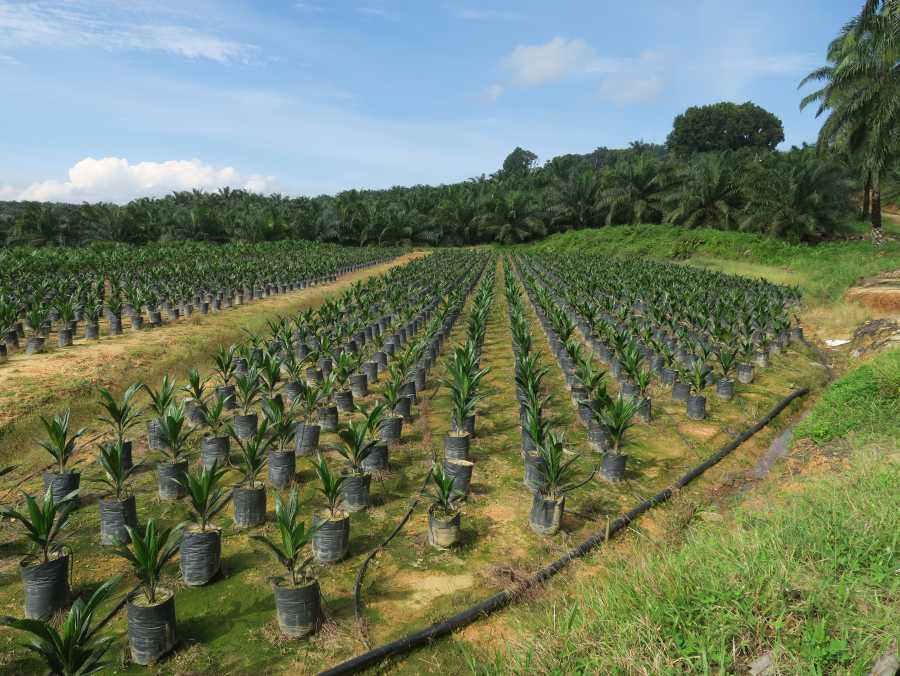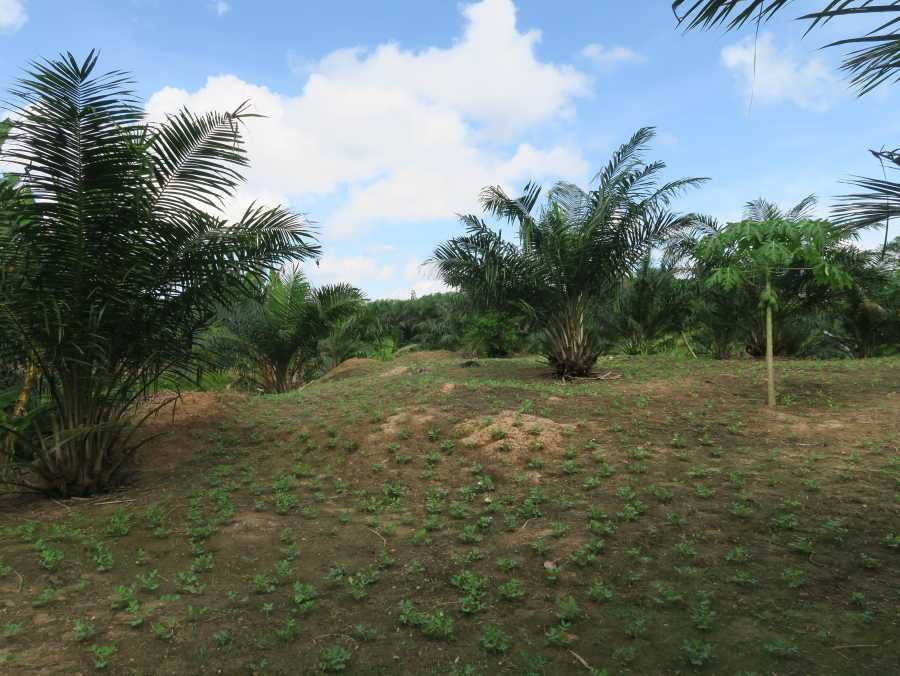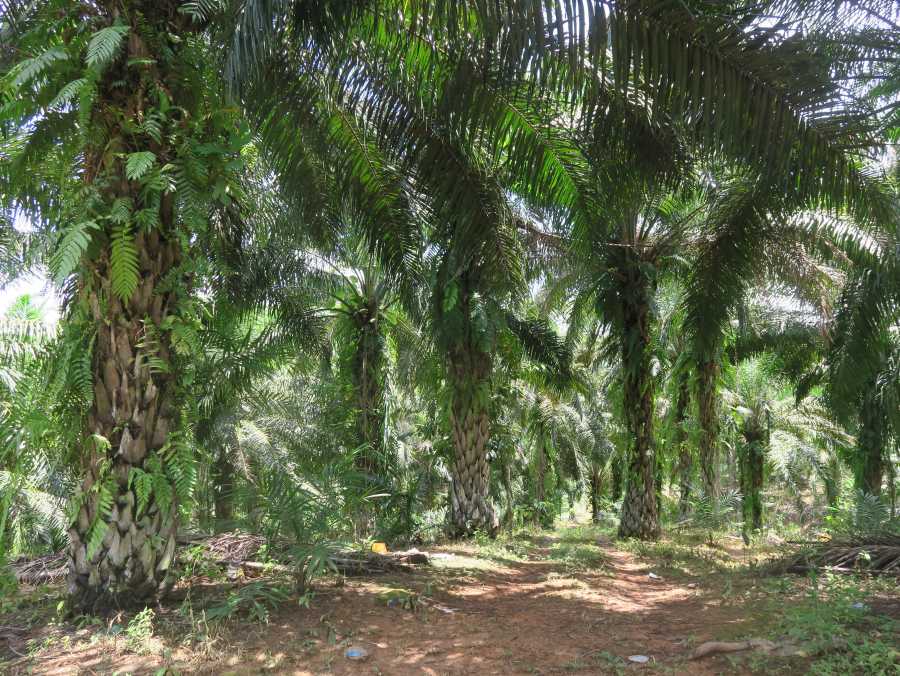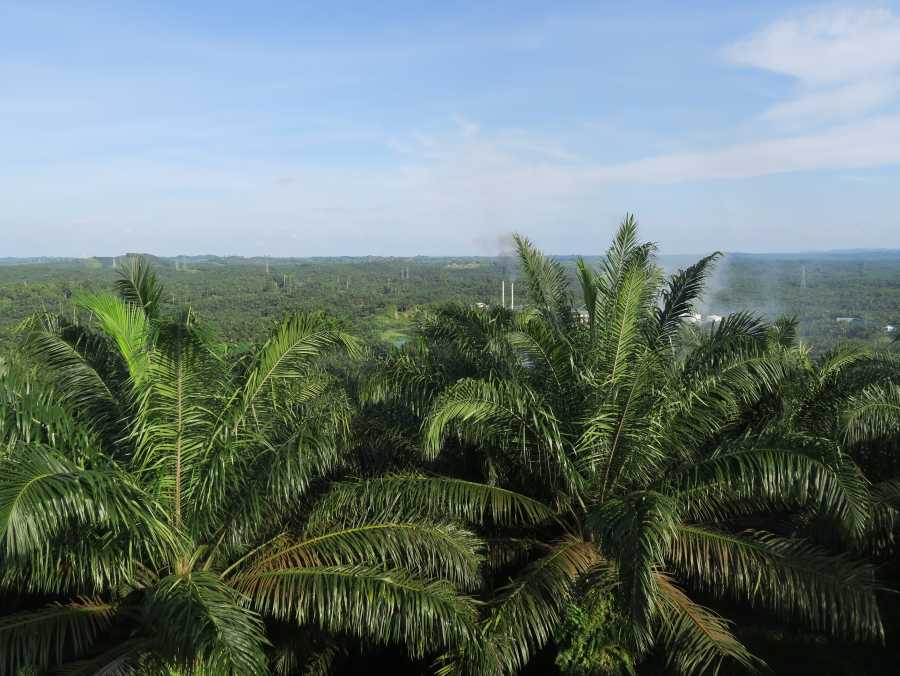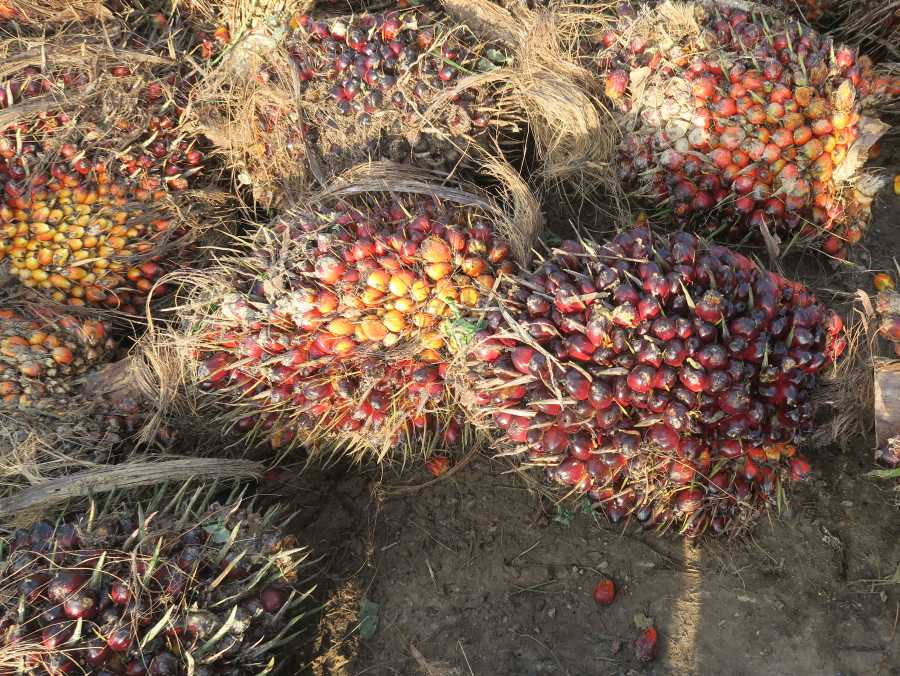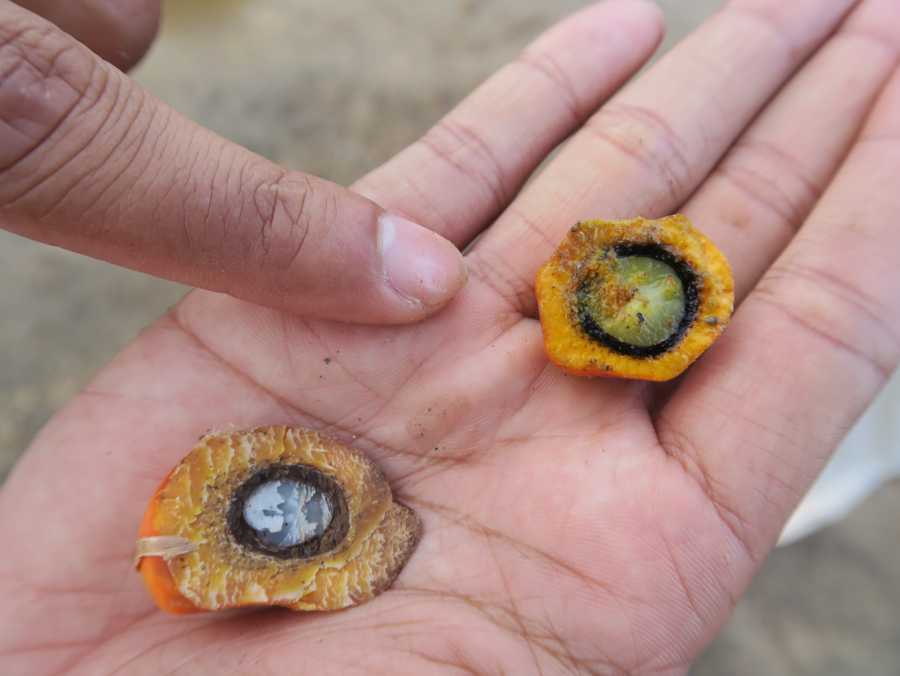Resilience of the palm oil value chain in Sabah, Malaysia
In collaboration with The Forest Trust (TFT) we assessed the resilience of the palm oil value chain from the perspective of multiple stakeholders in Sabah, Malaysia. The project period was from August 2016 to March 2017.
Palm oil is a popular ingredient in sweets and bakery products as well as in cosmetics and biofuels. It plays a major role in the food industry as it is edible, has high resistance to oxidation and is cheaper than oil from coconut or rapeseed.
Malaysia is, after Indonesia, the second biggest producer and exporter of palm oil in the world. However, the widespread cultivation (monocultures) of palm oil, especially in Sabah, has led to increased deforestation and soil degradation. Moreover, preliminary results indicate a limited diversification of the palm oil value chain in Sabah, making it particularly vulnerable to sudden shocks, such as impacts of climate change and unexpected economic changes.
Objective
- To assess the resilience of different processes (input supply, production, processing, retailing and consumption) of the palm oil value chain in Sabah, Malaysia
- To develop feasible and appropriate interventions for enhancing the resilience of the palm oil value chain in Sabah, Malaysia
Research approach
Our guidelines have been used to systematically assess the resilience of the palm oil value chain in Sabah. In a first step, we identified key stakeholders of the palm oil value chain in Sabah and then assessed their ability to respond to shocks. In a second step, we organised a workshop with the same stakeholders to identify intervention measures for enhancing the resilience of the palm oil value chain.
Project link to TFT, external page"TFT partners with the SAE at ETH Zurich"call_made
Key findings
- Medium to high resilience of the palm oil industry in Sabah -> this cash crop has positive impacts across the value chain activities. Positive outcomes include: sufficient income generation, relatively high living standard, good access to health care, etc.
- Resilience of input traders and smallholders depends on type of shock (e.g. drought versus heavy rainfall events); resilience of mills and refineries is shock independent.
- Governance capacity, information & learning, profitability & financial capital are resilience attributes which are shock independent. Exposure to pressure, modularity, buffering capacity, environmental capital and transformability are shock dependent.
Documents
Master thesis of Olivia Pfister: Download"Assessing the resilience of the palm oil value chain towards drought and flooding in Sabah, Malaysia" (PDF, 6.8 MB)vertical_align_bottom
Project report: Download"Resilience of the palm oil value chain in Sabah, Malaysia" (PDF, 1.1 MB)vertical_align_bottom

